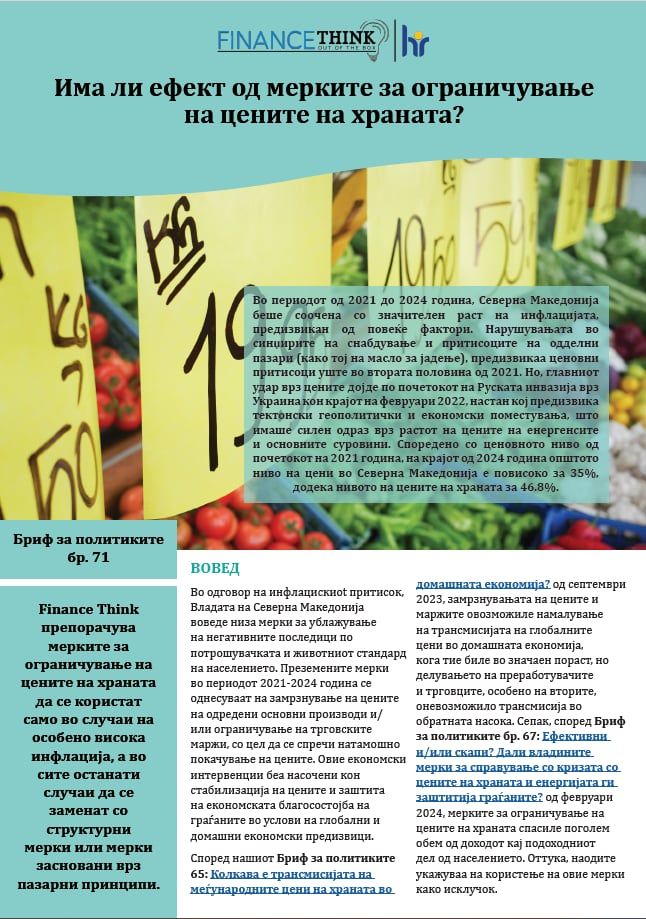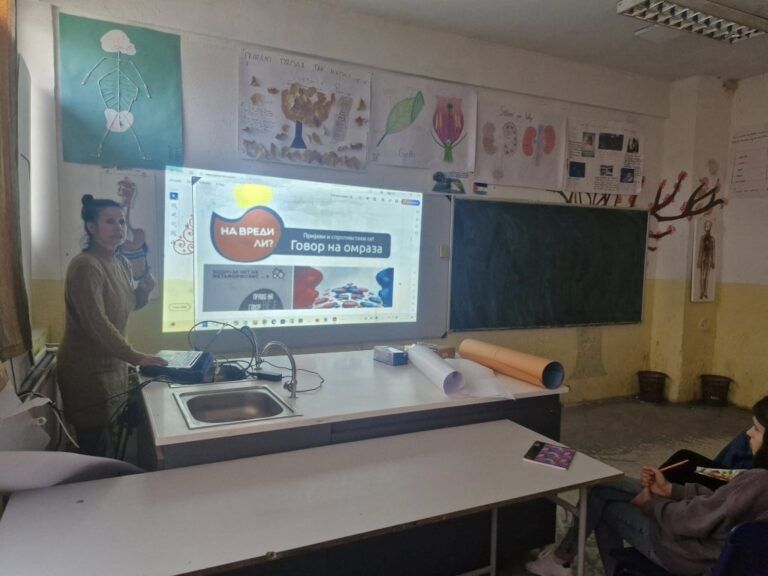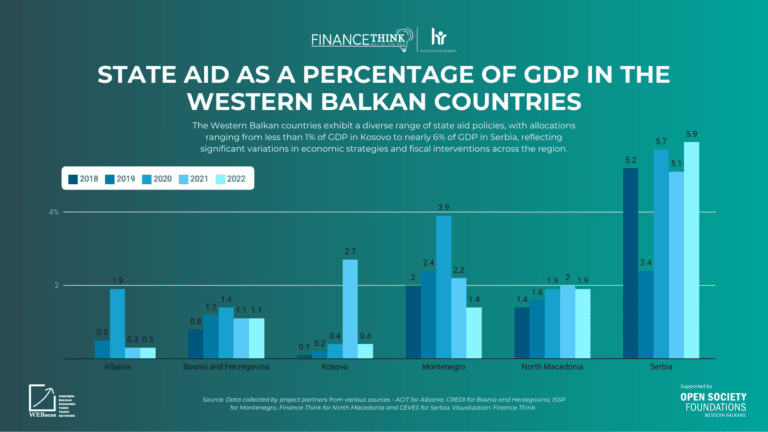An open letter to Mark Zuckerberg from the world’s fact-checkers, nine years later
As Meta announces end to U.S. fact-checking, program partners warn of a setback for accuracy online and potential global consequences
Dear Mr. Zuckerberg,
Nine years ago, we wrote to you about the real-world harms caused by false information on Facebook. In response, Meta created a fact-checking program that helped protect millions of users from hoaxes and conspiracy theories. This week, you announced you’re ending that program in the United States because of concerns about “too much censorship” — a decision that threatens to undo nearly a decade of progress in promoting accurate information online.
The program that launched in 2016 was a strong step forward in encouraging factual accuracy online. It helped people have a positive experience on Facebook, Instagram and Threads by reducing the spread of false and misleading information in their feeds. We believe — and data shows — most people on social media are looking for reliable information to make decisions about their lives and to have good interactions with friends and family. Informing users about false information in order to slow its spread, without censoring, was the goal. Fact-checkers strongly support freedom of expression, and we’ve said that repeatedly and formally in last year’s Sarajevo statement. The freedom to say why something is not true is also free speech.
But you say the program has become “a tool to censor,” and that “fact-checkers have just been too politically biased and have destroyed more trust than they’ve created, especially in the U.S.” This is false, and we want to set the record straight, both for today’s context and for the historical record.
Meta required all fact-checking partners to meet strict nonpartisanship standards through verification by the International Fact-Checking Network. This meant no affiliations with political parties or candidates, no policy advocacy, and an unwavering commitment to objectivity and transparency. Each news organization undergoes rigorous annual verification, including independent assessment and peer review. Far from questioning these standards, Meta has consistently praised their rigor and effectiveness. Just a year ago, Meta extended the program to Threads.
Your comments suggest fact-checkers were responsible for censorship, even though Meta never gave fact-checkers the ability or the authority to remove content or accounts. People online have often blamed and harassed fact-checkers for Meta’s actions. Your recent comments will no doubt fuel those perceptions. But the reality is that Meta staff decided on how content found to be false by fact-checkers should be downranked or labeled. Several fact-checkers over the years have suggested to Meta how it could improve this labeling to be less intrusive and avoid even the appearance of censorship, but Meta never acted on those suggestions. Additionally, Meta exempted politicians and political candidates from fact-checking as a precautionary measure, even when they spread known falsehoods. Fact-checkers, meanwhile, said that politicians should be fact-checked like anyone else.
Over the years, Meta provided only limited information on the program’s results, even though fact-checkers and independent researchers asked again and again for more data. But from what we could tell, the program was effective. Research indicated fact-check labels reduced belief in and sharing of false information. And in your own testimony to Congress, you boasted about Meta’s “industry-leading fact-checking program.”
You said that you plan to start a Community Notes program similar to that of X. We do not believe that this type of program will result in a positive user experience, as X has demonstrated. Research shows that many Community Notes never get displayed, because they depend on widespread political consensus rather than on standards and evidence for accuracy. Even so, there is no reason Community Notes couldn’t co-exist with the third-party fact-checking program; they are not mutually exclusive. A Community Notes model that works in collaboration with professional fact-checking would have strong potential as a new model for promoting accurate information. The need for this is great: If people believe social media platforms are full of scams and hoaxes, they won’t want to spend time there or do business on them.
That brings us to the political context in the United States. Your announcement’s timing came after President-Elect Donald Trump’s election certification and as part of a broader response from the tech industry to the incoming administration. Mr. Trump himself said your announcement was “probably” in response to threats he’s made against you. Some of the journalists that are part of our fact-checking community have experienced similar threats from governments in the countries where they work, so we understand how hard it is to resist this pressure.
The plan to end the fact-checking program in 2025 applies only to the United States, for now. But Meta has similar programs in more than 100 countries that are all highly diverse, at different stages of democracy and development. Some of these countries are highly vulnerable to misinformation that spurs political instability, election interference, mob violence and even genocide. If Meta decides to stop the program worldwide, it is almost certain to result in real-world harm in many places.
This moment underlines the need for more funding for public service journalism. Fact-checking is essential to maintaining shared realities and evidence-based discussion, both in the United States and globally. The philanthropic sector has an opportunity to increase its investment in journalism at a critical time.
Most importantly, we believe the decision to end Meta’s third-party fact-checking program is a step backward for those who want to see an internet that prioritizes accurate and trustworthy information. We hope that somehow we can make up this ground in the years to come. We remain ready to work again with Meta, or any other technology platform that is interested in engaging fact-checking as a tool to give people the information they need to make informed decisions about their daily lives.
Access to truth fuels freedom of speech, empowering communities to align their choices with their values. As journalists, we remain steadfast in our commitment to the freedom of the press, ensuring that the pursuit of truth endures as a cornerstone of democracy.
Respectfully,
15min – Lithuania
AAP FactCheck – Australia
AFP – France
Africa Check – South Africa, Nigeria, Kenya, Senegal
AkhbarMeter Media Observatory – Egypt
Animal Político-El Sabueso – México
Annie Lab – Hong Kong SAR
Aos Fatos – Brazil
Beam Reports – Sudan
Belarusian Investigative Center – Czech Republic
BOOM – India
Check Your Fact – United States of America
Chequeado – Argentina
Civilnet.am – Armenia
Colombiacheck – Colombia
Congo Check : Congo, Congo DR, Central African Rep
Cotejo.info – Venezuela
CORRECTIV – Germany
Delfi Melo detektorius – Lithuania
Demagog – Poland
Demagog.sk – Slovakia
DFRAC – India
Doğruluk Payı – Türkiye
Dubawa – Nigeria
Ecuador Chequea – Ecuador
Ellinika Hoaxes – Greece
Estadão Verifica – Brazil
Facta – Italy
FactCheckHub – Nigeria
Fact-Check Cyprus – Cyprus
FactCheck Georgia – Georgia
FactCheck.kz – Kazakhstan
Factcheck Lab – Hong Kong
FactCheckZW – Zimbabwe
FactCheck.org – United States of America
FactCheckNI – Northern Ireland
Factcheck.Vlaanderen – Belgium
Factchequeado – United States of America
Factly – India
FactReview – Greece
FactSpace West Africa – Ghana
Factnameh – Iran
Faktisk.no – Norway
Faktograf – Croatia
Faktoje.al – Albania
Factual.ro – Romania
Fakt Yoxla – Azerbaijan
Fatabyyano – Jordan
Full Fact – United Kingdom
Fundación Maldita.es – Spain
Greece Fact Check – Greece
Gwara Media – Ukraine
Hibrid.info – Kosovo
India Today Fact Check – India
Internews Kosova KALLXO – Kosovo
Istinomer – Serbia
Istinomjer – Bosnia & Herzegovina
Japan Fact-check Center – Japan
Källkritikbyrån – Sweden
KOMPAS.com – Indonesia
La Silla Vacía – Colombia
Lead Stories – United States of America
Les Surligneurs – France
Lupa – Brazil
Mafindo – Indonesia
Maharat Foundation – Lebanon
Mala Espina – Chile
MediaWise – United States of America
Metamorphosis – North Macedonia
MyGoPen – Taiwan
Myth Detector – Georgia
NepalFactCheck.org – Nepal
Newschecker – India
Newtral – Spain
Observador – Portugal
Open – Italy
Pagella Politica / Facta news – Italy
Polígrafo – Portugal
PolitiFact – United States of America
Pravda – Poland
PressOne.PH – Philippines
Probe – Philippines
Provereno – Estonia
Rappler – Philippines
Raskrinkavanje – Bosnia & Herzegovina
Raskrinkavanje.me – Montenegro
Razkrinkavanje.si – Slovenia
RMIT Lookout – Australia
Snopes – United States of America
Taiwan FactCheck Center – Taiwan
Tech4Peace – Iraq
Telugu Post – India
Teyit – Türkiye
The Quint – India
The Stage Media-Liberia – Liberia
TjekDet – Denmark
Tirto.id – Indonesia
The Journal FactCheck – Ireland
The Logical Indian – India
VERA Files – Philippines
Verificat – Spain
Verify – Syria
Editor’s note: Fact-checking organizations continue to sign this letter, and we’re updating the list as they do.











